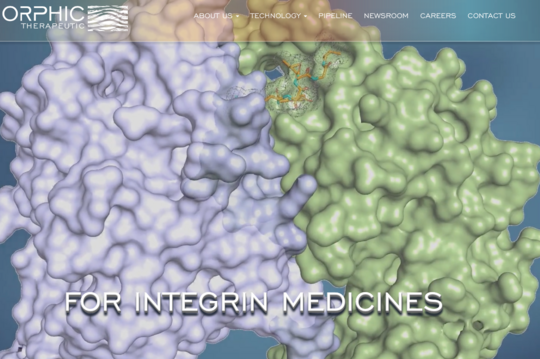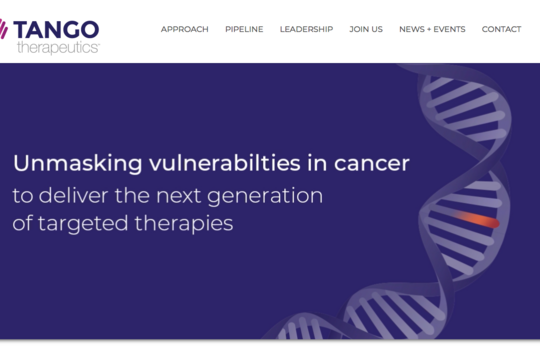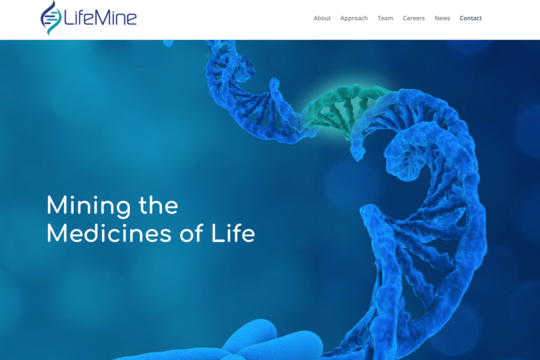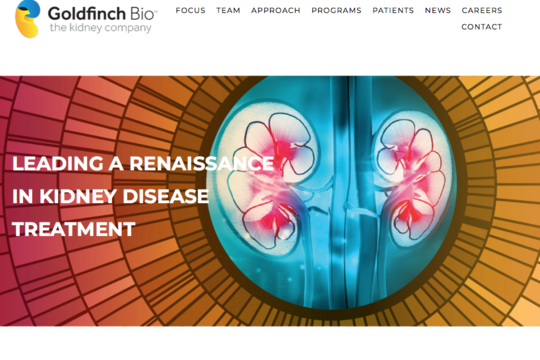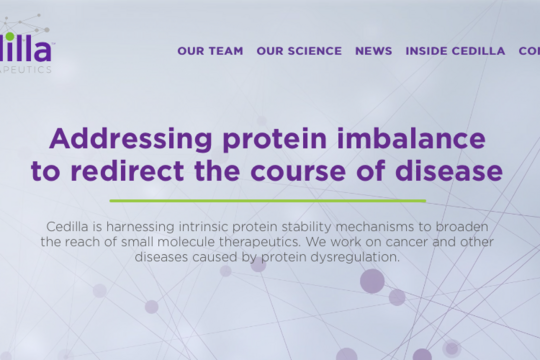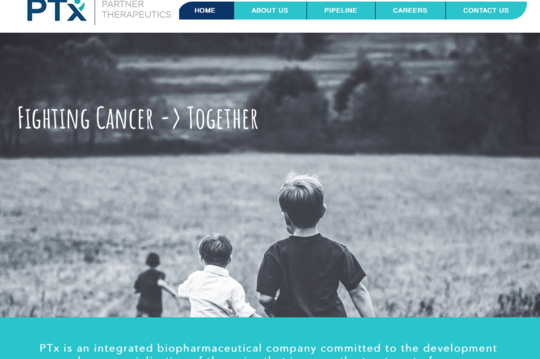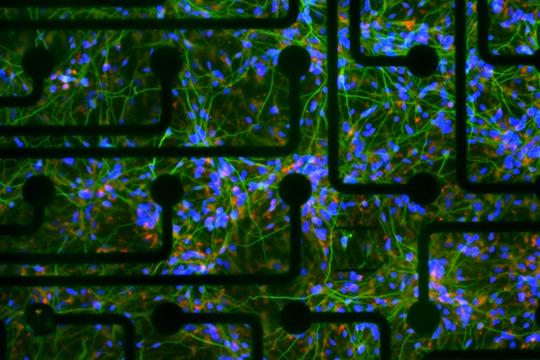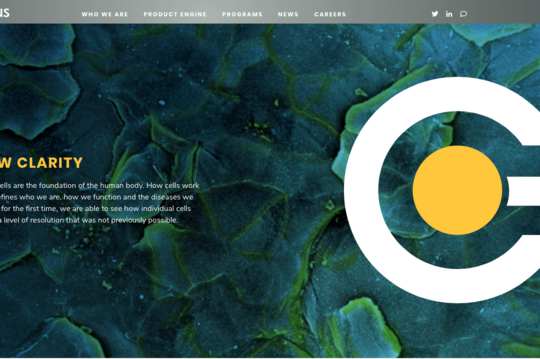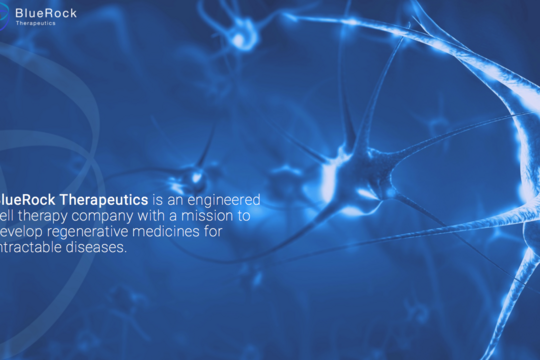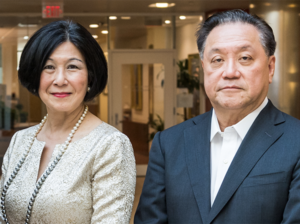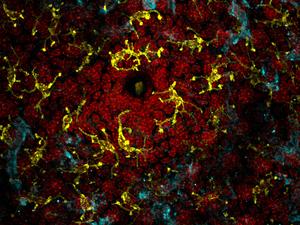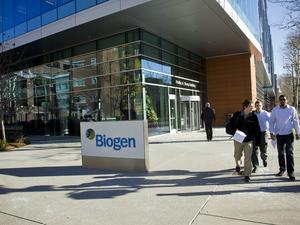For years, hundreds of thousands of Alzheimer’s or dementia patients like local entrepreneur Mark Tepper’s late mother have relied on a drug with a modest benefit. Tepper thinks his new company can broaden its impact.
Boston-based Eumentis Therapeutics Inc. is developing what it hopes will be a more effective cousin to the existing Alzheimer’s drug memantine, also known by the brand name Nameda. The small startup plans to jump into a clinical trial next year, fueled in part by the $3.9 million seed financing round it closed Friday.
Tepper, the serial entrepreneur and biopharma executive behind companies like Corbus Pharmaceuticals (Nasdaq: CRBP) and Phio Pharmaceuticals Corp. (Nasdaq: PHIO), will serve as CEO.
Eumentis’ name comes from the Latin words for “well” and “mind.” In that vein, the company hopes to tackle a wide range of cognitive disorders, starting with autism spectrum disorder.
Research suggests that Alzheimer’s, autism and several other disorders may be linked by a molecule called glutamate. The substance mediates cognition, emotions, sensory information and motor coordination in the brain. It must be delicately balanced or it can damage nerve cells.
Memantine is designed to block some, but not all of glutamate receptors in the nervous system. It is one of the few treatment options available for Alzheimer’s disease but it's by no means a smash hit. Researchers have found that memantine really only works in patients with severe dementia or Alzheimer’s. Studies as an autism treatment have been mixed.
The problem, according to Tepper, comes down to where and how the drug binds to glutamate receptors. Eumentis hopes its drug, known as EM-036, will more selectively plug up the receptors responsible for nerve cell death.
Studies conducted in mice by the scientist behind EM-036, Scripps Research Institute’s Stuart Lipton, have shown promise. Lipton is most well-known for helping to develop memantine, which was approved by the FDA in 2003.
Eumentis will start by measuring the drug’s effect on children and adults with autism, giving them either a pill or powder that can be sprinkled on applesauce or yogurt, depending on their age. After that, the company will look into uses against schizophrenia and traumatic brain injuries.
Pitching EM-036 as a better Alzheimer’s disease treatment is further down the line. The necessary trials would need to be large and costly, Tepper noted, and insurers are more likely to prefer a generic like memantine, which has gone off-label in recent years in spite of Allergan plc’s attempts to delay it.
The regulatory pathway for autism or schizophrenia is more reasonable, Tepper assessed. “Call it low-hanging fruit or whatever you want."
There are also plans to seek out a second drug candidate to develop. That will require more money. "We don’t want to be another Corbus that has to wait for Phase 3 results with a binary outcome," he said, referencing his former firm's recent clinical trial failure.
Here's how some of biotech's biggest Series A round stack up
Company: Jnana Therapeutics
Series A round: $50 million
Year: 2017
Pictured: CEO Joanne Kotz
Genevieve de Manio Photography
Company: Akouos
Series A amount: $50 million
Year: 2018
Pictured: Akouos' new headquarters in Boston. The company is moving into 37,500-square-feet at 645 Summer St.
Company: Morphic Therapeutics
Series A amount: $51.5 million
Year: 2016
Pictured: Morphic's website
Company: Decibel Therapeutics
Series A amount: $52 million
Year: 2015
Pictured: Steve Holtzman, CEO of Decibel Therapeutics
Courtesy/Decibel Therapeutics
Company: Tango Therapeutics
Series A amount: $55 million
Year: 2017
Pictured: Tango Therapeutics' website
Company: Neon Therapeutics
Series A amount: $55 million
Year: 2015
Pictured: Neon Therapeutics CEO Hugh O’Dowd
Company: LifeMine Therapeutics
Series A amount: $55 million
Year: 2017
Pictured: LifeMine's website
Company: Goldfinch bio
Series A amount: $55 million
Year: 2016
Pictured: Goldfinch's website
Company: Cedilla Therapeutics
Series A amount: $56 million
Year: 2018
Pictured: Cedilla's website
Company: Relay Therapeutics
Series A amount: $57 million
Year: 2016
Pictured: CEO Sanjiv Patel
Relay Therapeutics
Company: Oncorus Therapeutics
Series A amount: $57 million
Year: 2016
Pictured: Oncorus CEO Ted Ashburn
Courtesy photo
Company: Pandion Therapeutics
Series A amount: $58 million
Year: 2018
Pictured: Pandion Therapeutics' Co-founder and Chief Scientific Officer Jo Viney
Courtesy photo
Company: Casma Therapeutics
Series A amount: $58.5 million
Year: 2018
Pictured: Casma Therapeutics CEO Keith Dionne
Courtesy photo
Company: Entrada Therapeutics
Series A amount: $59 million
Pictured: Entrada Therapeutics CEO Dipal Doshi
Courtesy photo
Company: Dewpoint Therapeutics
Series A amount: $60 million
Year: 2019
Pictured: Polaris Partners' headquarters in Boston. The venture capital firm launched Dewpoint in January 2019.
Courtesy of the Fallon Co.
Company: Rheos Medicines
Series A amount: $60 million
Year: 2018
Pictured: Rheos CEO Sanjay Keswani
Company: Partner Therapeutics
Series A amount: $60 million
Year: 2017
Pictured: Partners' website. The company is developing new cancer treatments after acquiring one drug from Sanofi.
Company: Fulcrum Therapeutics
Series A amount: $60 million
Year: 2017
Pictured: An image of neurons. Fulcrum is probing disease biology and gene regulation.
Company: Celsius Therapeutics
Series A amount $65 million
Year: 2018
Pictured: Celsius' website
Company: Beam Therapeutics
Series A amount: $87 million
Year: 2018
Pictured: Broad Institute scientist and Beam Therapeutics co-founder Feng Zhang
Maria Nemchuk
Company: Compass Therapeutics
Series A amount: $132 million
Pictured: Compass Therapeutics CEO Tom Schuetz
Courtesy photo
Company: Cullinan Oncology
Series A amount: $150 million
Pictured: CEO Owen Hughes, at left, and Co-founder and Chief Scientific Officer Patrick Baeuerle
Courtesy photo
Company: BlueRock Therapeutics
Series A amount: $225 million
Year: 2016
Pictured: BlueRock's website



